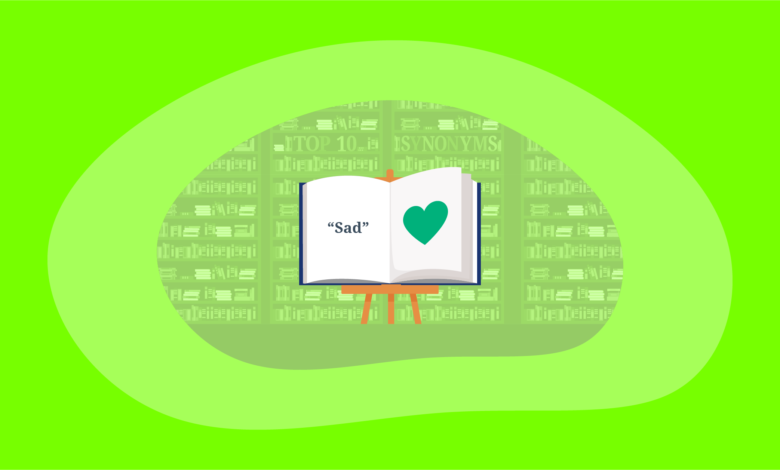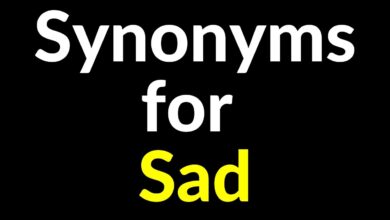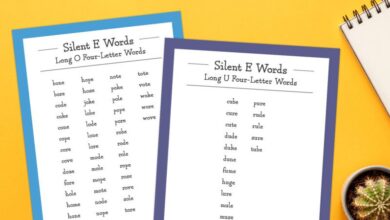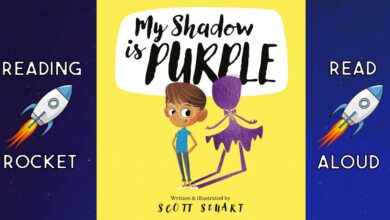Understanding Sad Synonym: Exploring Different Ways to Express Sadness

When you’re feeling down, you might want to express it in different ways, and that’s where “sad synonym” comes in. A synonym is just another word that means the same thing, but it can help you express your feelings in a new way. If you’re looking for ways to talk about sadness without always using the word “sad,” you’re in the right place!
There are many words that can be used as sad synonyms, like “unhappy,” “sorrowful,” and “downcast.” Each of these words can give a little more detail about the type of sadness you’re feeling. Knowing these sad synonyms can help you describe your emotions better, whether you’re writing, speaking, or just thinking about your feelings.
What is a Sad Synonym
A “sad synonym” is simply another word that means the same thing as “sad.” If you’re feeling unhappy, upset, or sorrowful, you can use these words to express your emotions more clearly. Synonyms help add variety to your writing and speaking, so you’re not always saying the same thing. It makes your language more interesting and allows you to show your feelings in different ways.
Understanding sad synonyms is important because sometimes, one word doesn’t fully describe how you feel. For example, “sad” might feel too general when you’re feeling disappointed or heartbroken. By using a sad synonym, you can be more specific about your emotions and better communicate how you truly feel.
Top Sad Synonyms You Can Use Every Day

Here are some of the most common sad synonyms that you can use in everyday conversations or writing. These words will help you express different types of sadness.
- Unhappy: This is one of the most common sad synonyms. It simply means that you don’t feel good or are not cheerful.
- Sorrowful: This word is often used to describe a deep sadness or a feeling of loss.
- Depressed: It describes a more intense sadness, often a long-lasting feeling that can affect a person’s mood or life.
- Downcast: This word means feeling low or looking sad, often with your head hanging down.
- Melancholy: This synonym describes a kind of sadness that can feel a bit wistful or thoughtful, like missing something from the past.
Why Knowing Sad Synonyms Can Help You Express Your Emotions
Knowing sad synonyms helps you talk about your feelings more clearly. When you only use the word “sad,” people might not understand exactly how you feel. But if you choose a synonym like “heartbroken” or “disappointed,” it gives them a better idea of your emotions.
Synonyms also allow you to mix things up in your writing. If you’re writing a story or an essay, using different words instead of “sad” can make your writing more interesting and powerful. It also helps you avoid repeating the same word too often, which can make your text sound boring or less clear.
How to Use Sad Synonyms in Sentences

Using sad synonyms in sentences can make your writing sound more natural and varied. For example, instead of writing “I feel sad,” you can write “I feel downcast” or “I feel sorrowful.” This not only changes the tone of your sentence but also gives a better picture of what you’re feeling.
- “She was sorrowful after hearing the bad news.”
- “He felt unhappy when his friends couldn’t make it to the party.”
- “After the game, the team looked downcast because they lost.”
Conclusion
Using a sad synonym helps you express your feelings more clearly. Whether you’re feeling unhappy, sorrowful, or heartbroken, choosing the right word can show exactly how deep your sadness is. By knowing a variety of sad synonyms, you can make your writing and speaking more interesting and specific, so others understand how you really feel.
So, next time you’re feeling down, think about which sad synonym best describes your mood. It’s a simple way to express yourself more clearly and make your language richer. Remember, finding the right word can help you communicate better and help others understand your emotions more deeply.
FAQs
Q: What is a sad synonym?
A: A sad synonym is a word that means the same as “sad,” like “unhappy,” “sorrowful,” or “heartbroken.”
Q: Why should I use sad synonyms?
A: Using sad synonyms helps you express your feelings more clearly and makes your writing or speaking sound more interesting.
Q: Can I use sad synonyms in everyday conversations?
A: Yes, you can use sad synonyms in everyday conversations to better describe how you’re feeling.
Q: What is the difference between “sad” and “unhappy”?
A: “Sad” usually describes deep emotions, while “unhappy” is more about general dissatisfaction or discomfort.




